Transforming Political Insights: A Conversation with Paul Staniland
Professor Paul Staniland, a distinguished figure in the field of Political Science at the University of Chicago and a nonresident scholar at the Carnegie Endowment for International Peace, is a leading authority on political violence and international security with a specialization in South and Southeast Asia. With an outstanding portfolio of academic publications and extensive research, Staniland has been awarded the 2022 Karl Deutsch Award for his notable contributions to the study of International Relations and Peace Research by the International Studies Association. Currently, he is working on a new book that explores the impact of major power rivalry in post-1945 southern Asia on third-party states.
When asked about the most exciting research and debates in his field, Staniland explains that significant work is underway in areas such as electoral politics and violence, international politics in Asia, and civil-military relations. He emphasizes the considerable progress being made in understanding electoral processes and violence, particularly in examining the influence of armed political parties and state repression on electoral rivals. Furthermore, he highlights a growing interest in international politics in Asia, fueled by real-world factors like US-China competition and cutting-edge research methodologies. Lastly, Staniland points to a renewed focus on civil-military relations and the surge of coups and military interventions in different regions.
Reflecting on his intellectual journey, Staniland acknowledges the influence of his mentor, Roger Petersen, in shaping his perspective on processes and changes over time. He delves into his interest in exploring initial causes of variation and subsequent trajectories that sustain or shift these conditions, acknowledging the challenges this presents for theory and method.
Regarding the impact of local conflict on regional stability, Staniland underlines the influence of local conflicts on regional stability, citing examples of how local wars influence interstate tensions. From Kashmir’s role in the India-Pakistan conflict to armed insurgencies in Pakistan and Afghanistan spilling over borders, he emphasizes the enduring source of regional instability due to transnational insurgencies and state sponsorship.
When discussing the impact of his collaborative research at Carnegie on democratic opposition in the region, Staniland points out the difficulties faced by dominant parties and the risk of instability due to personalized and family-based rule, offering a nuanced view of the political landscape in the region.
In his recent piece, “The Myth of the Asian Swing State”, Staniland presents a compelling argument for a decentralized, case-by-case approach to US-China competition in Asia, emphasizing the necessity of understanding and respecting local political contexts. He highlights the autonomy of contemporary Asian states from major power influence and underscores the importance of tailored strategic approaches for each country.
Staniland outlines the diverse approaches to achieving stability in internal conflicts, advocating for a heterogeneous and contextual approach. He delves into the complexities of protracted ceasefires and mutually managed conflicts, highlighting the need for a nuanced perspective on conflict resolution.
In providing advice to young scholars of International Relations, Staniland emphasizes the importance of reading broadly and continuously learning new things, urging young scholars to expand their knowledge and seek fresh perspectives. He also encourages scholars to take intentional breaks and explore new areas of research, acknowledging the value of intellectual diversity in shaping academic insights.
Professor Staniland’s profound insights and comprehensive understanding of complex geopolitical issues offer valuable guidance for aspiring scholars and policymakers alike. His nuanced perspectives on international security and political dynamics serve as a testament to the depth of knowledge and experience essential for addressing the intricate challenges of the modern world.
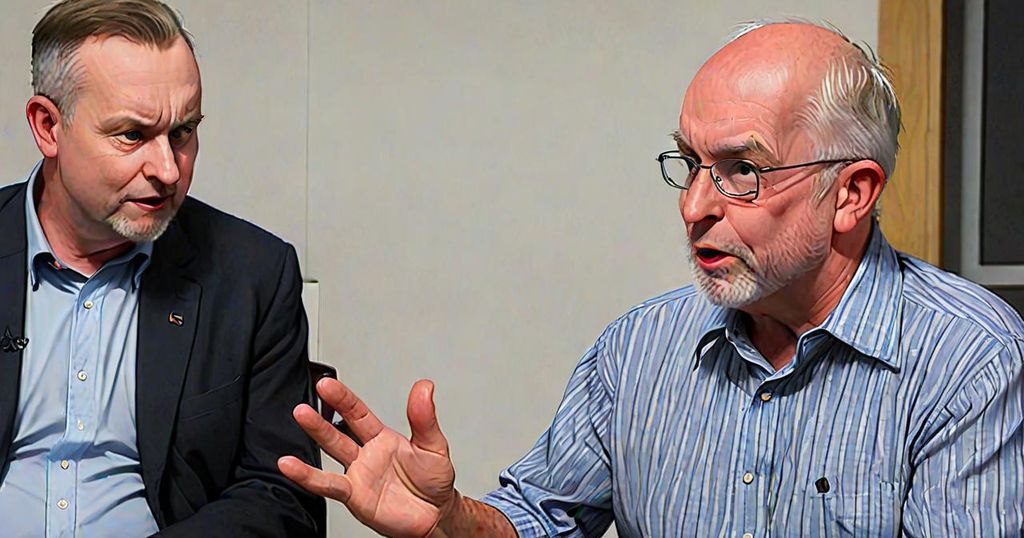
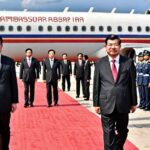
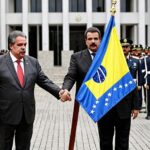



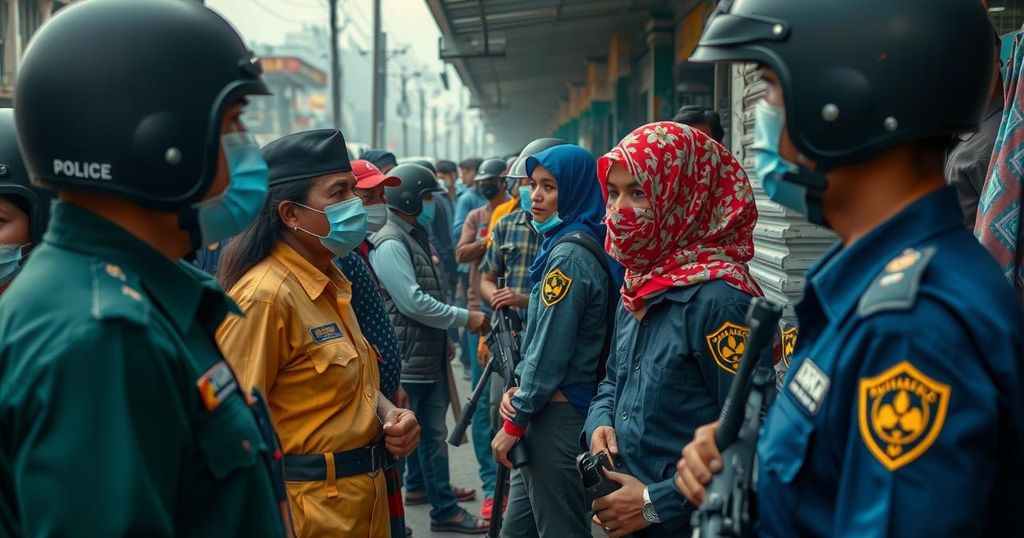
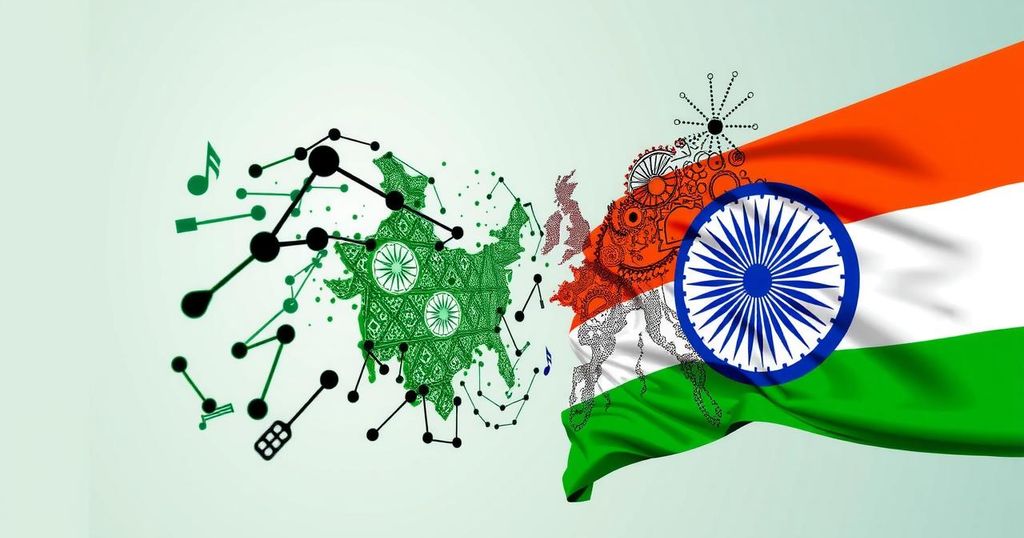
Post Comment